5 Critical Traits of Successful Risk Management Professionals
- Interpersonal
- Systems Analysis/Process-Oriented— Determining how a system should work and how changes in conditions, operations, and the environment will affect outcomes.
- Coordination — Adjusting actions in relation to others’ actions.
- Complex Problem Solving/Proactive— Identifying complex problems and reviewing related information to develop and evaluate options and implement solutions.
- Negotiation — Bringing others together and trying to reconcile differences.
Additional Traits of Successful Risk Management Professionals
Skills:
- Reading Comprehension— Understanding written sentences and paragraphs in work related documents.
- Active Listening— Giving full attention to what other people are saying, taking time to understand the points being made, asking questions as appropriate, and not interrupting at inappropriate times.
- Critical Thinking— Using logic and reasoning to identify the strengths and weaknesses of alternative solutions, conclusions or approaches to problems.
- Speaking— Talking to others to convey information effectively.
- Systems Analysis/Process-Oriented— Determining how a system should work and how changes in conditions, operations, and the environment will affect outcomes.
- Mathematics — Using mathematics to solve problems.
- Negotiation — Bringing others together and trying to reconcile differences.
- Systems Evaluation— Identifying measures or indicators of system performance and the actions needed to improve or correct performance, relative to the goals of the system.
- Writing— Communicating effectively in writing as appropriate for the needs of the audience.
- Complex Problem Solving/Proactive— Identifying complex problems and reviewing related information to develop and evaluate options and implement solutions.
- Judgment and Decision Making— Considering the relative costs and benefits of potential actions to choose the most appropriate one.
- Active Learning— Understanding the implications of new information for both current and future problem-solving and decision-making.
- Monitoring— Monitoring/Assessing performance of yourself, other individuals, or organizations to make improvements or take corrective action.
- Time Management— Managing one’s own time and the time of others.
- Coordination — Adjusting actions in relation to others’ actions.
- Persuasion— Persuading others to change their minds or behavior.
- Social Perceptiveness— Being aware of others’ reactions and understanding why they react as they do.
Abilities:
- Problem Sensitivity— The ability to tell when something is wrong or is likely to go wrong. It does not involve solving the problem, only recognizing there is a problem.
- Deductive Reasoning— The ability to apply general rules to specific problems to produce answers that make sense.
- Inductive Reasoning— The ability to combine pieces of information to form general rules or conclusions (includes finding a relationship among seemingly unrelated events).
- Oral Comprehension— The ability to listen to and understand information and ideas presented through spoken words and sentences.
- Oral Expression— The ability to communicate information and ideas in speaking so others will understand.
- Mathematical Reasoning— The ability to choose the right mathematical methods or formulas to solve a problem.
- Written Comprehension— The ability to read and understand information and ideas presented in writing.
- Near Vision— The ability to see details at close range (within a few feet of the observer).
- Written Expression— The ability to communicate information and ideas in writing so others will understand.
- Category Flexibility— The ability to generate or use different sets of rules for combining or grouping things in different ways.
- Information Ordering— The ability to arrange things or actions in a certain order or pattern according to a specific rule or set of rules (e.g., patterns of numbers, letters, words, pictures, mathematical operations).
- Speech Clarity— The ability to speak clearly so others can understand you.
- Speech Recognition— The ability to identify and understand the speech of another person.
- Flexibility of Closure— The ability to identify or detect a known pattern (a figure, object, word, or sound) that is hidden in other distracting material.
- Number Facility— The ability to add, subtract, multiply, or divide quickly and correctly.
- Fluency of Ideas— The ability to come up with a number of ideas about a topic (the number of ideas is important, not their quality, correctness, or creativity).
Work Styles:
- Analytical Thinking— Job requires analyzing information and using logic to address work-related issues and problems.
- Attention to Detail— Job requires being careful about detail and thorough in completing work tasks.
- Integrity— Job requires being honest and ethical.
- Dependability— Job requires being reliable, responsible, and dependable, and fulfilling obligations.
- Initiative— Job requires a willingness to take on responsibilities and challenges.
- Cooperation— Job requires being pleasant with others on the job and displaying a good-natured, cooperative attitude.
- Achievement/Effort— Job requires establishing and maintaining personally challenging achievement goals and exerting effort toward mastering tasks.
- Stress Tolerance— Job requires accepting criticism and dealing calmly and effectively with high stress situations.
- Adaptability/Flexibility— Job requires being open to change (positive or negative) and to considerable variety in the workplace.
- Persistence— Job requires persistence in the face of obstacles.
- Independence— Job requires developing one’s own ways of doing things, guiding oneself with little or no supervision, and depending on oneself to get things done.
- Leadership— Job requires a willingness to lead, take charge, and offer opinions and direction.
- Self Control— Job requires maintaining composure, keeping emotions in check, controlling anger, and avoiding aggressive behavior, even in very difficult situations.
- Innovation— Job requires creativity and alternative thinking to develop new ideas for and answers to work-related problems.
- Social Orientation— Job requires preferring to work with others rather than alone, and being personally connected with others on the job.
- Concern for Others— Job requires being sensitive to others’ needs and feelings and being understanding and helpful on the job.
Work Values
- Achievement— Occupations that satisfy this work value are results oriented and allow employees to use their strongest abilities, giving them a feeling of accomplishment. Corresponding needs are Ability Utilization and Achievement.
- Independence— Occupations that satisfy this work value allow employees to work on their own and make decisions. Corresponding needs are Creativity, Responsibility and Autonomy.
- Recognition— Occupations that satisfy this work value offer advancement, potential for leadership, and are often considered prestigious. Corresponding needs are Advancement, Authority, Recognition and Social Status.
AZComplianceRiskTalent.com is an initiative of the Greater Phoenix Chamber Foundation’s Compliance & Risk Management Workforce Collaborative.
For more information: workforce@phoenixchamber.com



